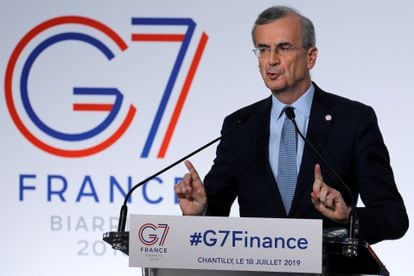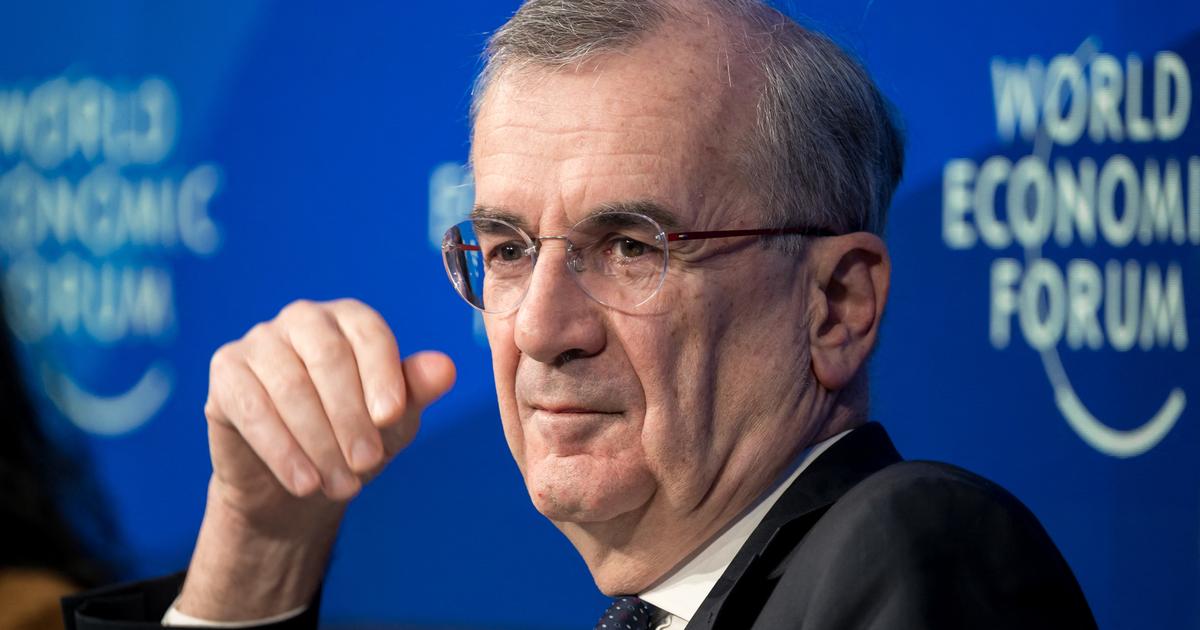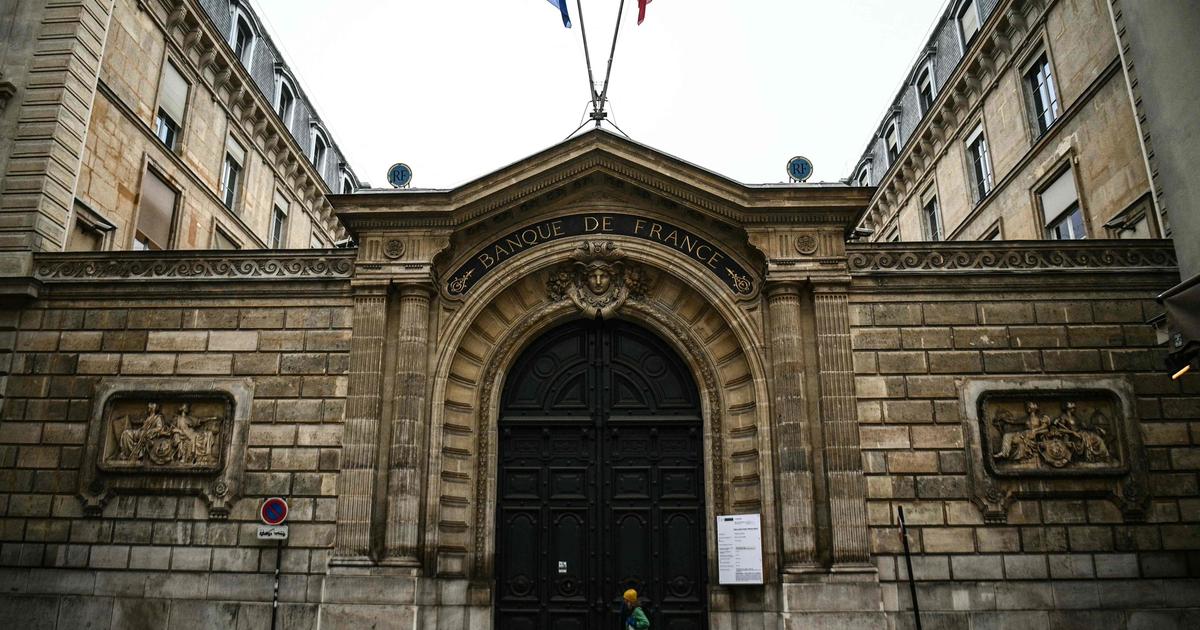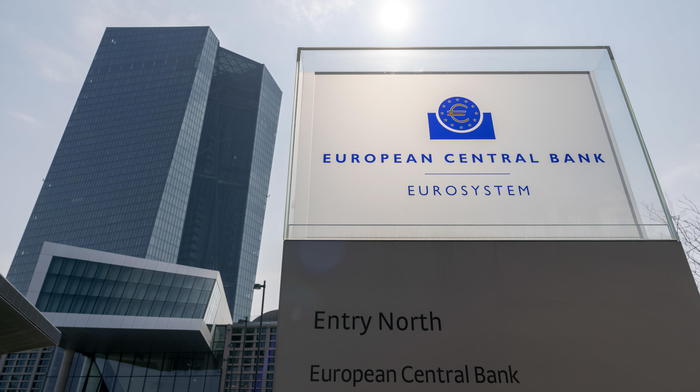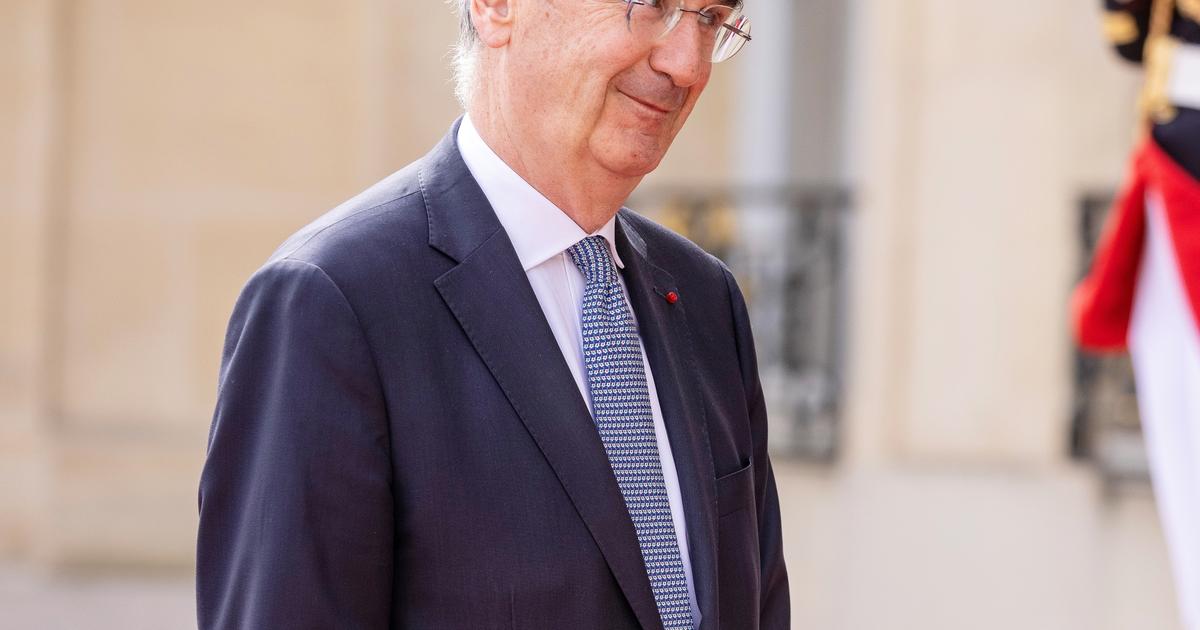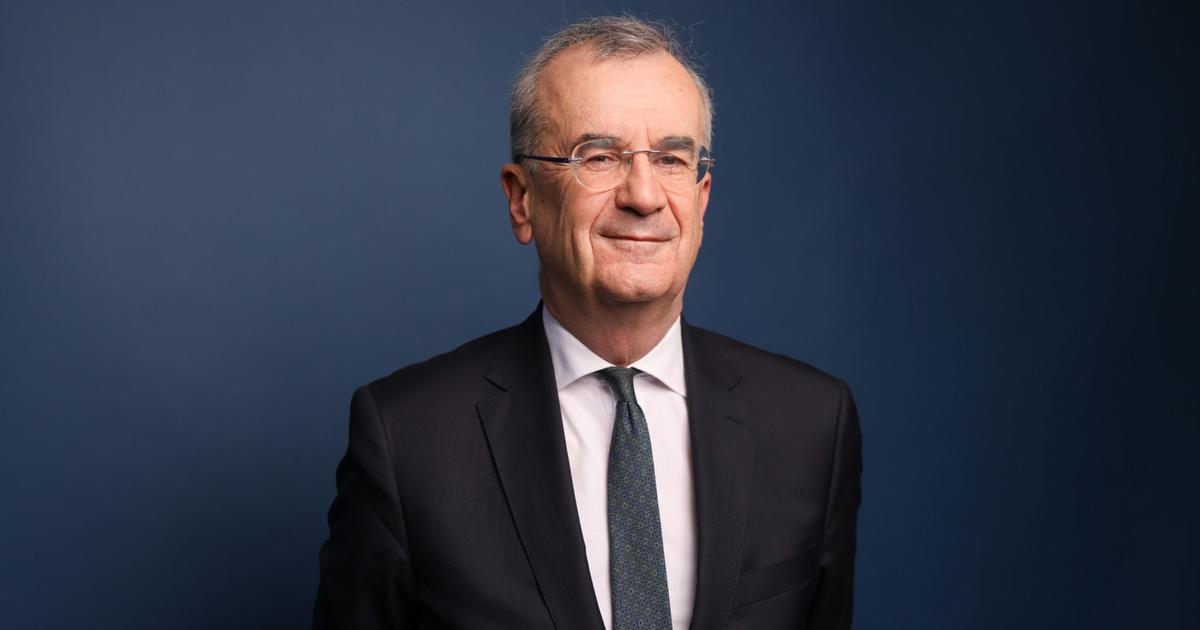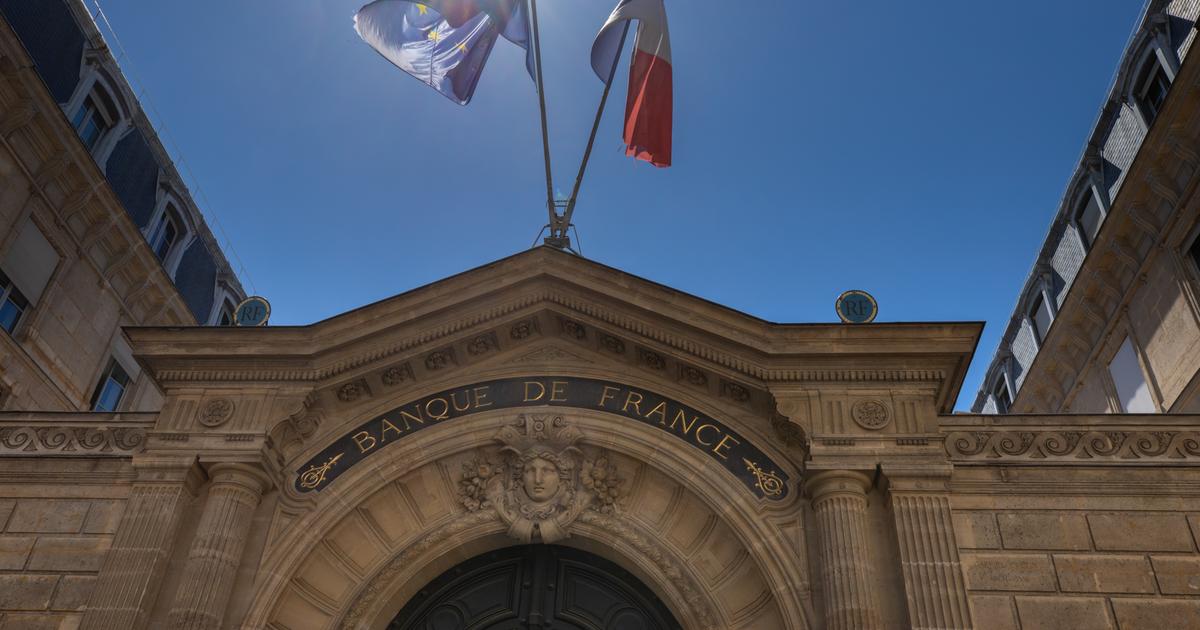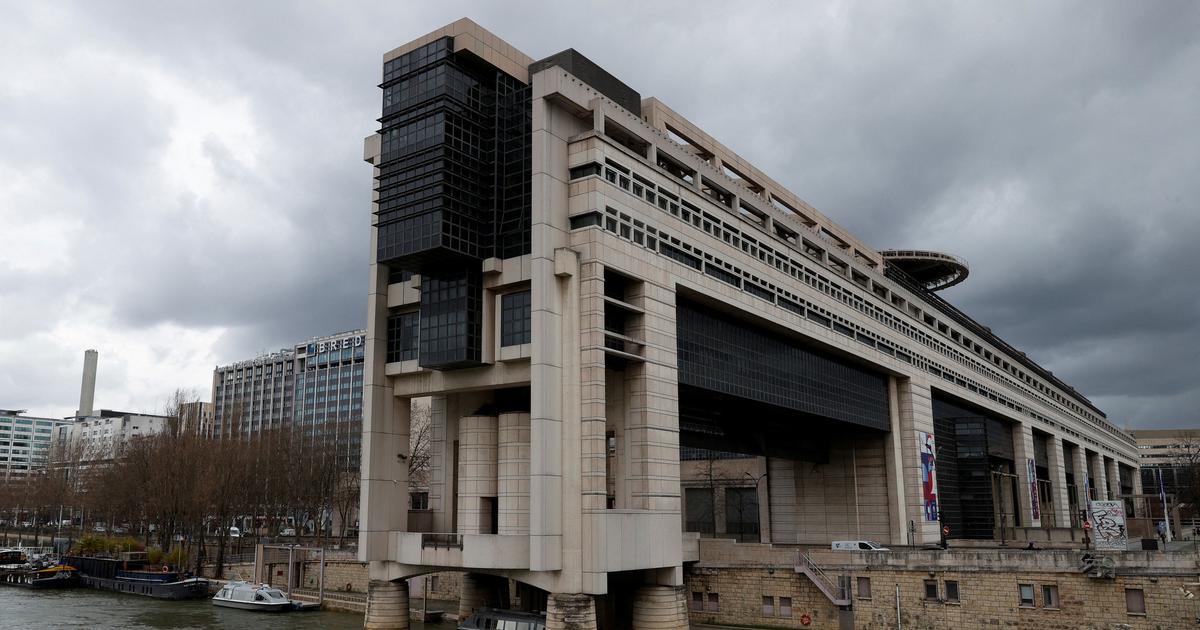François Villeroy de Galhau, at the G7 central bankers meeting in Chantilly in July 2019.Pascal Rossignol (Reuters)
The board of directors of the Bank for International Settlements (BIS, for its acronym in English) has elected this Thursday the governor of the Bank of France, François Villeroy de Galhau, as the new president, replacing the German Jens Weidmann, who has just left his post at the head of the Bundesbank.
His mandate begins with immediate effect and lasts for three years.
The appointment of Villeroy de Galhau (Strasbourg, 62 years old) will further increase the share of French power in the main international organizations: it already had, among others, Christine Lagarde at the head of the European Central Bank (ECB); with Laurence Boone as chief economist of the Organization for Economic Cooperation and Development (OECD, the
think tank
of rich countries); and will soon also have Pierre-Olivier Gourinchas as head of the powerful Department of Studies of the International Monetary Fund (IMF), a position for which he was appointed this week. Emmanuel Macron will thus have the possibility of selling voters a much greater weight of his country in some of the most powerful economic organizations on the international scene ahead of the April elections.
Villeroy de Galhau is an old acquaintance in the European economic arena. The visible head of the French central bank since September 2015, when he was nominated for the post by the then president of the Republic, the socialist François Hollande, he has just been re-elected three months ago by the centrist Macron for a second six-year term. His landing at the Bank of France was not without controversy, after almost 150 economists rejected his appointment because of his past as
number two
of BNP Paribas, the largest financial institution in the eurozone by assets. His main competitor in that race was, paradoxically, Benoît Coeuré, until now director of the BIS innovation center and who has just been elected as the new president of the French Competition Authority.
Over the years, however, Villeroy de Galhau has built a better image for itself in the financial and academic world. In 2019, in fact, his name already sounded strongly to replace Mario Draghi - today Italian Prime Minister - at the head of the ECB, a career in which his compatriot Lagarde ended up prevailing despite his eminently political profile and his inexperience in politics Monetary, a credential that the new president of the BIS did have. Graduated from the National School of Administration, academic cradle of the French political and economic elites, before coming to BNP Paribas and the central bank he passed through the Treasury, he was head advisor for European affairs to the Minister of Finance and later Socialist Prime Minister Pierre Bérégovoy,He served as chief of staff of two also socialist Economy holders - Dominique Strauss-Kahn and Christian Sautter - and was director general of Tributes in the Government of Lionel Jospin.
Without being far from being heterodox, the ideological approach of the French central banker represents a turn from that of his predecessor in the coordinator of central banks, Weidmann, one of the figureheads of ordoliberalism, de facto leader of the
European
hawks
in recent times and a staunch defender of monetary orthodoxy in the governing council of the ECB in the
Draghi era
, with whom he clashed on several occasions. Villeroy de Galhau always came out in defense of the Italian.
The attributions of the French in the BIS, which he will make compatible with his position at the head of the second most important issuing institute in the eurozone -after the Bundesbank-, go through leading the "strategic and political direction" of the body based in Basel (Switzerland), whose management is the responsibility of the board of directors.
The vast majority of executive functions and day-to-day operations will continue to be in the hands of the CEO, the Mexican Agustín Carstens, who has just renewed his mandate.
The highest governing body of the BIS has 18 members, 12 of them rotating and the remaining six - the heads of the central banks of the United States, the United Kingdom, Germany, France, Italy and Belgium - permanent.

